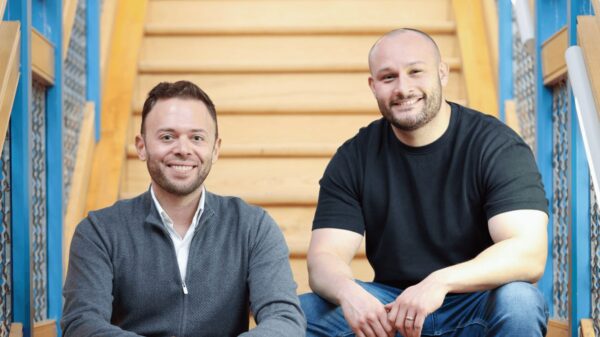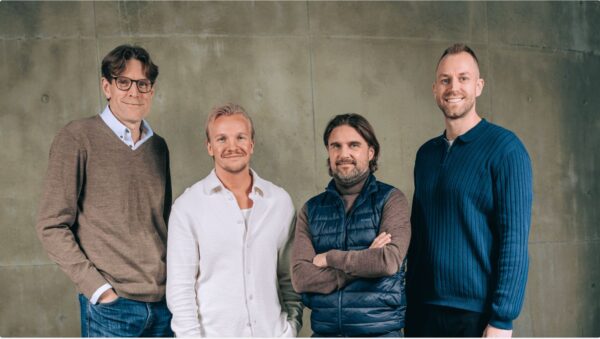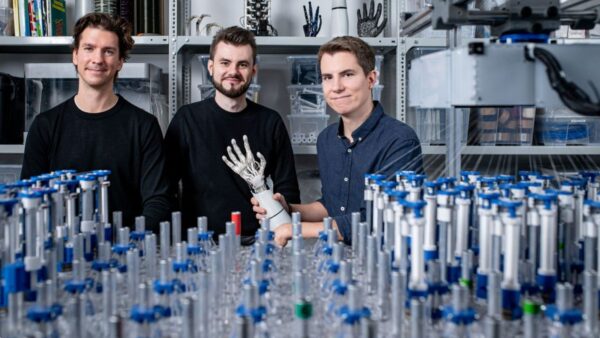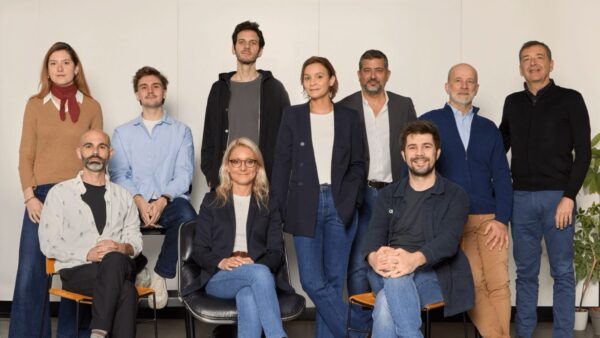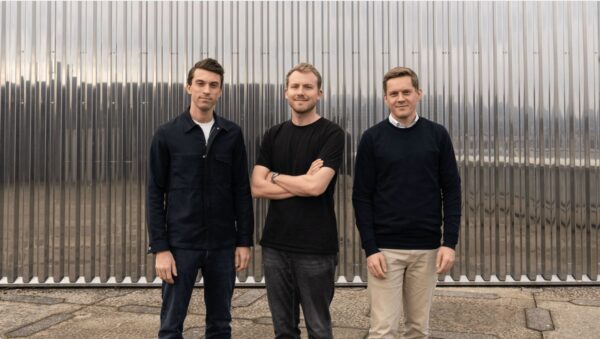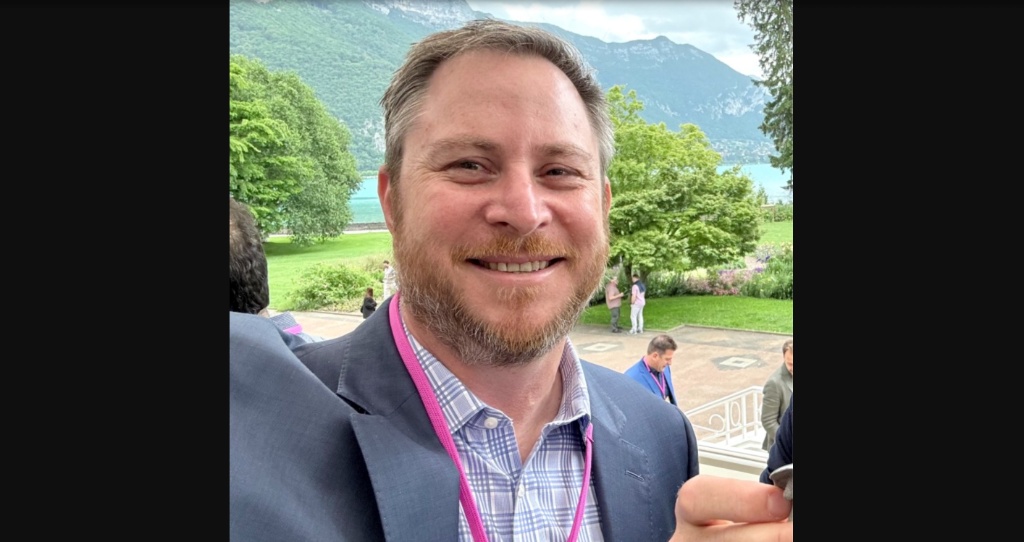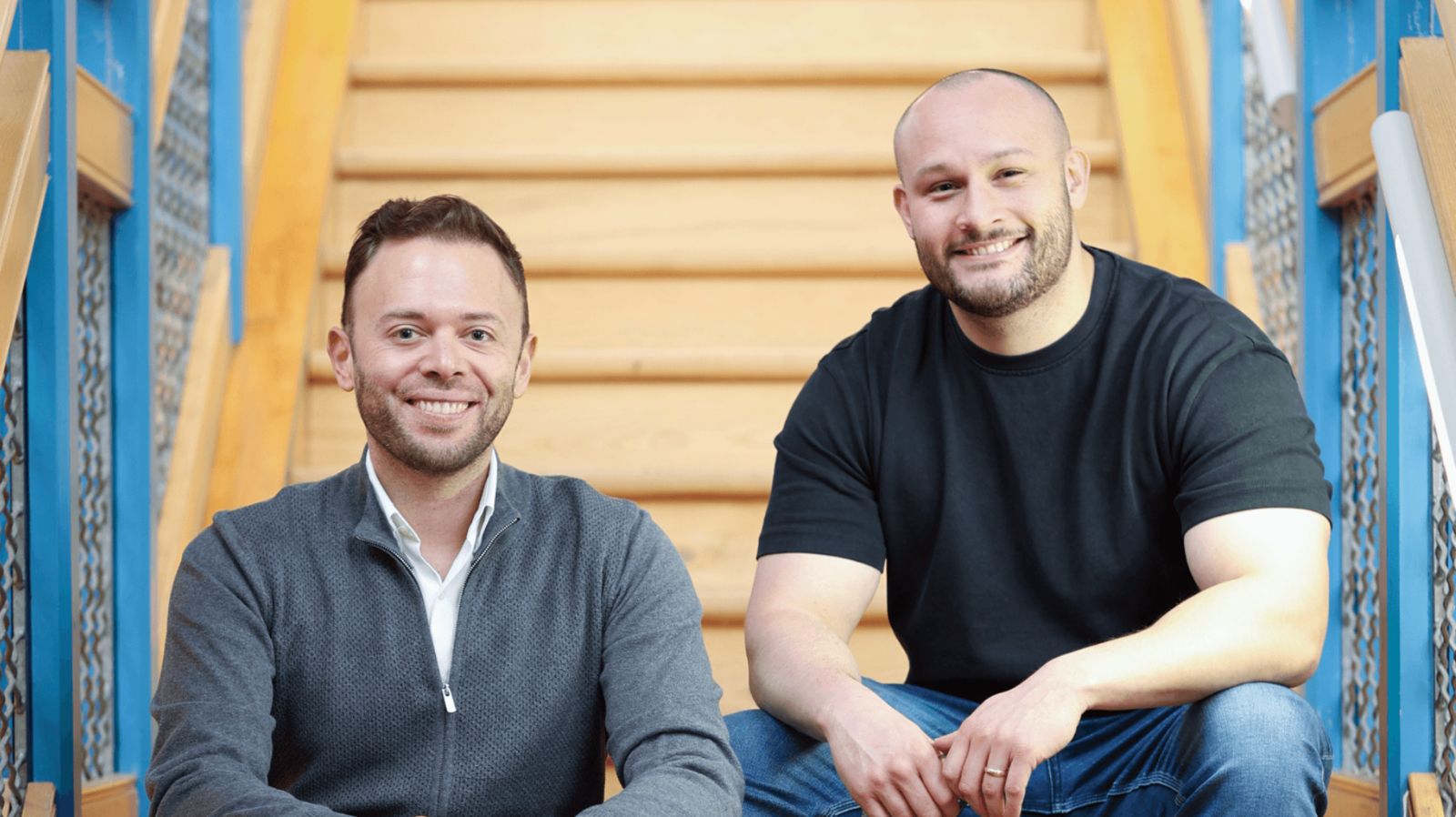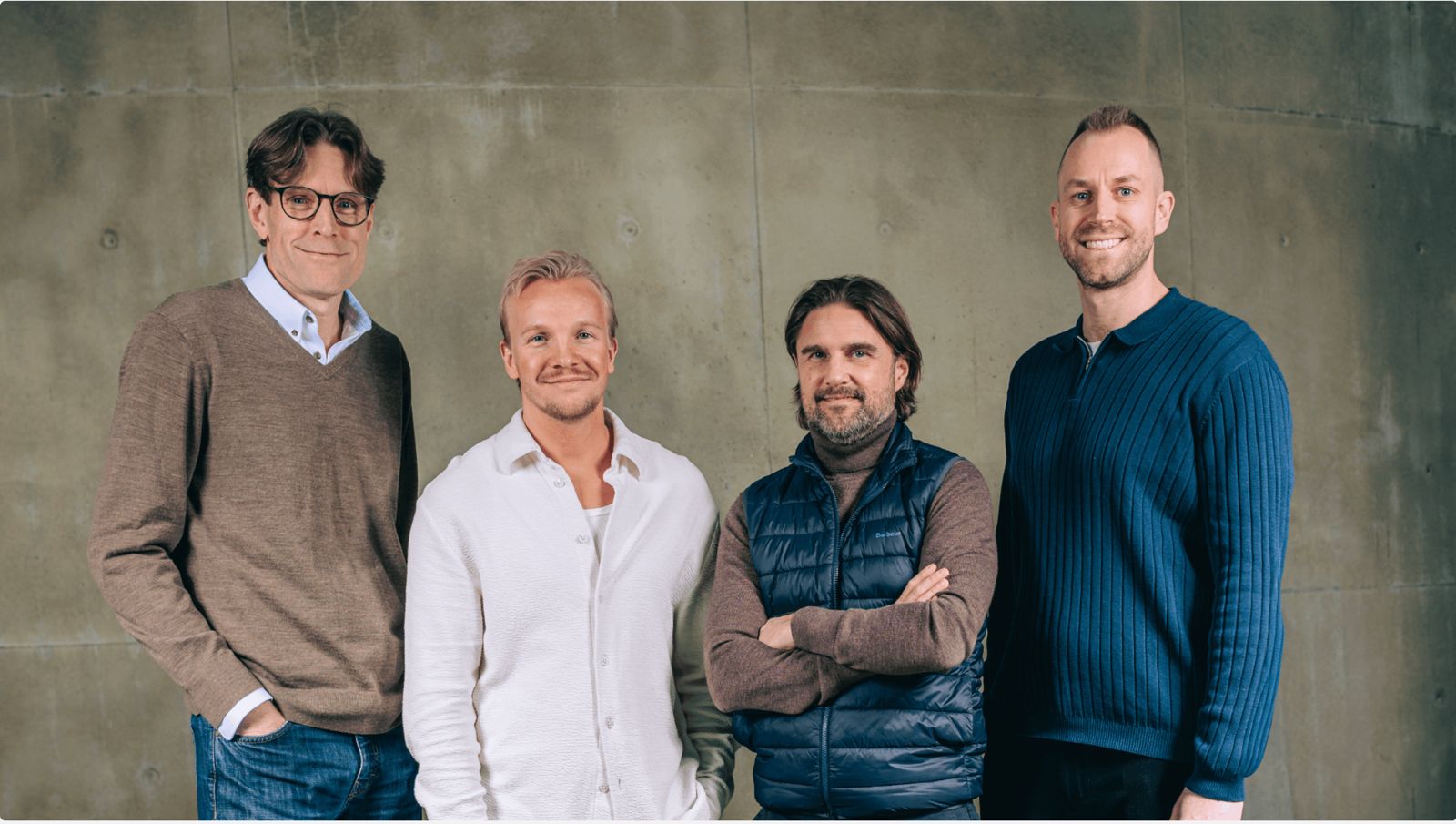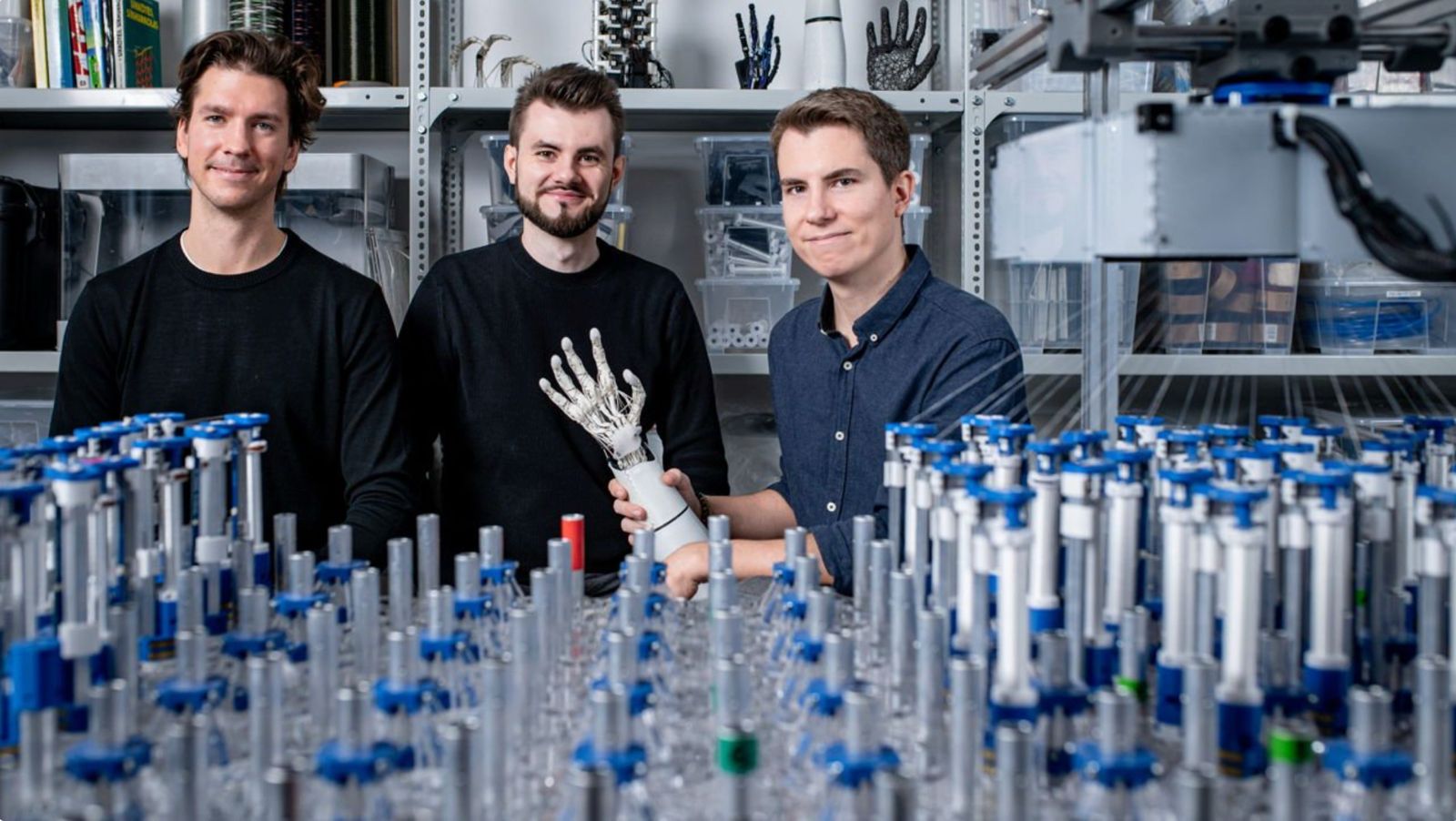In Naples, Florida, medical-technology company Catalyst OrthoScience Inc. announced a fresh injection of $15 million in equity and debt financing, led by RC Capital and joined by Mutual Capital Partners, physician-entrepreneur board member Dr. Derace Schaffer, and Western Alliance Bank. The move underscores growing investor confidence in the company’s mission to streamline shoulder replacement surgery with fewer complications and more consistent outcomes.
Catalyst was founded in 2014 by orthopedic surgeon Dr. Steven Goldberg and focuses exclusively on the shoulder arthroplasty segment—one of the fastest-growing areas within orthopedics. With its portfolio now including the recently launched Fracture Shoulder System, the company is positioning its surgeon-centric technology for broader adoption across both hospital and ambulatory surgery-centre markets.
“Catalyst epitomizes what can be accomplished by combining continuous innovation with excellence and employee dedication,” says Dr. Schaffer. “This company is not only building value but protecting it—with the leadership, resources and investor conviction to succeed regardless of any challenge it may face.”
Also joining the board is shoulder-surgeon expert Dr. Theodore Blaine from the Hospital for Special Surgery, who remarks: “As a surgeon, I’ve been impressed by Catalyst’s commitment to evidence-based design… its innovations improve patient outcomes while also simplifying surgical workflow.”
Catalyst will channel the funds into advancing its commercial and clinical programmes, supporting expanding surgeon adoption of its systems, and further strengthening its balance sheet to fuel growth across the U.S. market.
Editorial Perspective
This funding milestone marks more than a capital boost—it reflects a broader shift in the orthopedics industry. Shoulder arthroplasty has long been overshadowed by hip and knee replacements; Catalyst’s rise signals that investors and surgeons alike now see shoulders as a domain ripe for disruption. By zeroing in on surgical efficiency, bone preservation and reproducibility, the company challenges traditional solutions that often require more invasive techniques and longer recovery.
However, execution will be critical. As Catalyst expands its footprint into different surgical settings—including ambulatory surgery centres—it will need to ensure strong clinical evidence, streamlined training protocols and cost-competitiveness. The interplay between device innovation and reimbursement pressure means the next 12 – 18 months will test whether the company can convert early promise into scale. If it does, Catalyst could corner a niche in shoulder replacement that meshes high clinical impact with differentiated technology—an outcome potentially attractive for strategic acquirers in the med-tech ecosystem.
If you need further assistance or have any corrections, please reach out to editor@thetimesmag.com. For more such article visit www.thetimesmag.com


